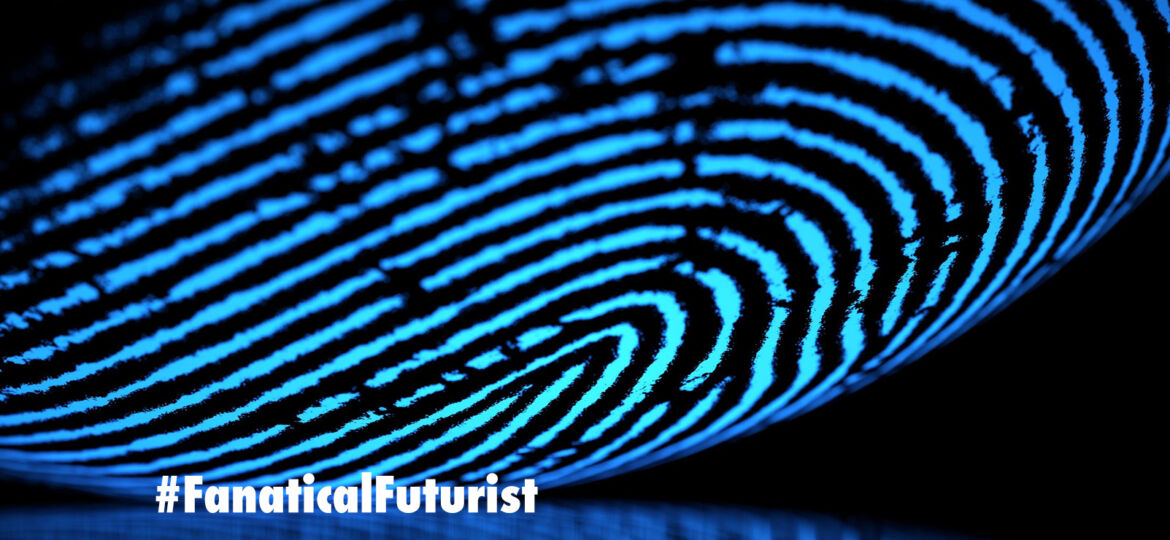
WHY THIS MATTERS IN BRIEF
Today there is no way you can control who uses or shares your information, despite regulations like GDPR, but Self-Soverign ID systems like this one gives users the power to control their own online information.
It looks almost inevitable that Facebook will be punished, both in reality and in the court of public opinion, for the part it’s deemed to have played in the recent Cambridge Analytica scandal that saw the information of tens, potentially hundreds of millions of people, noone knows for sure, accessed, analysed and used for seemingly nefarious purposes. Similarly, if there is one take away from the incident then it’s this – no government or organisation can guarantee it won’t spew our information across the internet. So enter Self-Sovereign identity systems, something I’ve talked about before, where individuals, not corporations or governments, control access to their personal information.
Recently IBM also became an advocate of self-sovereign ID systems after they announced they’re going to become a founding steward of the Sovrin Network, a move that will no doubt help to give the self-sovereign movement, that already includes organisations like ID2020 which aims to give the 2 billion people on the planet who have no way to prove who they are a global digital ID, as well as the Sovrin Foundation, a huge shot in the arm.
“IBM will collaborate with other Sovrin Stewards to create, operate and maintain the foundation’s decentralized digital identity network,” said IBM in a press release.
The Sovrin Foundation describes itself as a “global public utility designed to provide permanent, private and trustworthy identity for every entity on the Internet,” and along with other stewards IBM will “dedicate hardware, security and network capacity to assist in the operation of this self-sovereign identity network” which uses distributed ledger technology, or blockchain, to enable the secure exchange of cryptographically signed credentials to prove the digital identity information in the identity owner’s possession.
In today’s digital economy individuals and organisations need to establish secure, private and trusted transactions more than ever, and it’s precisely this that why an increasing number of people believe today’s way of proving your identity, for example, via a centralized identity system, which you can think of akin to taking your passport in to the bank, and everywhere else for that matter, to prove you are who you say you are, is flawed.
In 2017, more than 2.9 billion records were compromised from various security incidents across industries. These damaging and costly security breaches are a consequence of the Internet being developed without a true identity layer. To address this infrastructure flaw, the Sovrin Network was purpose built to add the missing identity layer to the Internet and provides a complete approach to identity from the distributed ledger to device, making secure and private self-sovereign digital identity possible for the first time in history.
“The Sovrin technology is poised to change the nature of identity interactions for untold billions of people, organizations and connected devices,” said Dr. Phil Windley, chair of the Sovrin Foundation, “IBM’s position as a leader in blockchain technology and their commitment to supporting and solving the problem of identity for all makes them a natural partner in this effort.”
“We believe that the adoption of blockchain is an opportunity for a new trust model to take hold where individuals and organizations can securely share private information and credentials without an intermediary. This new model gives control back to the individual, who defines how personal information is shared and with whom,” said Marie Wieck, General Manager, IBM Blockchain, “through our partnership with Sovrin, IBM can help individuals and organizations accelerate adoption of self-sovereign identity standards as a critical component for responsible data stewardship.”
IBM and the Sovrin Foundation share a common vision, apparently, in that they both believe that every individual, organization, and connected device should have its own truly independent digital identity in order to form more trusting interactions. To help achieve this vision and ensure these digital identities are interoperable at a global scale, the Sovrin Foundation Stewards run open source distributed ledger technology which is governed and looked after by the Hyperledger Foundation.
“The journey toward global decentralized self-sovereign identity begins with a strong commitment to standards and interoperability. This first of its kind self-sovereign identity network was created by an international team of experts, including IBM, across a diverse group of organizations,” added Wieck, “it is based on emerging standards from the World Wide Web Consortium (W3C) that standardize the format of digitally-signed credentials. These verifiable credentials enable the cryptographically secure, peer-to-peer exchange of identity information in a manner that mimics the way identity attributes are exchanged in the physical world. The use of public blockchains provides decentralized registration and discovery of the public keys needed to verify digital signatures. These two capabilities enable a new way to establish a global public utility for self-sovereign identity – lifetime portable digital identity that does not depend on any central authority and protects privacy at the levels required by regulators around the world.”
















